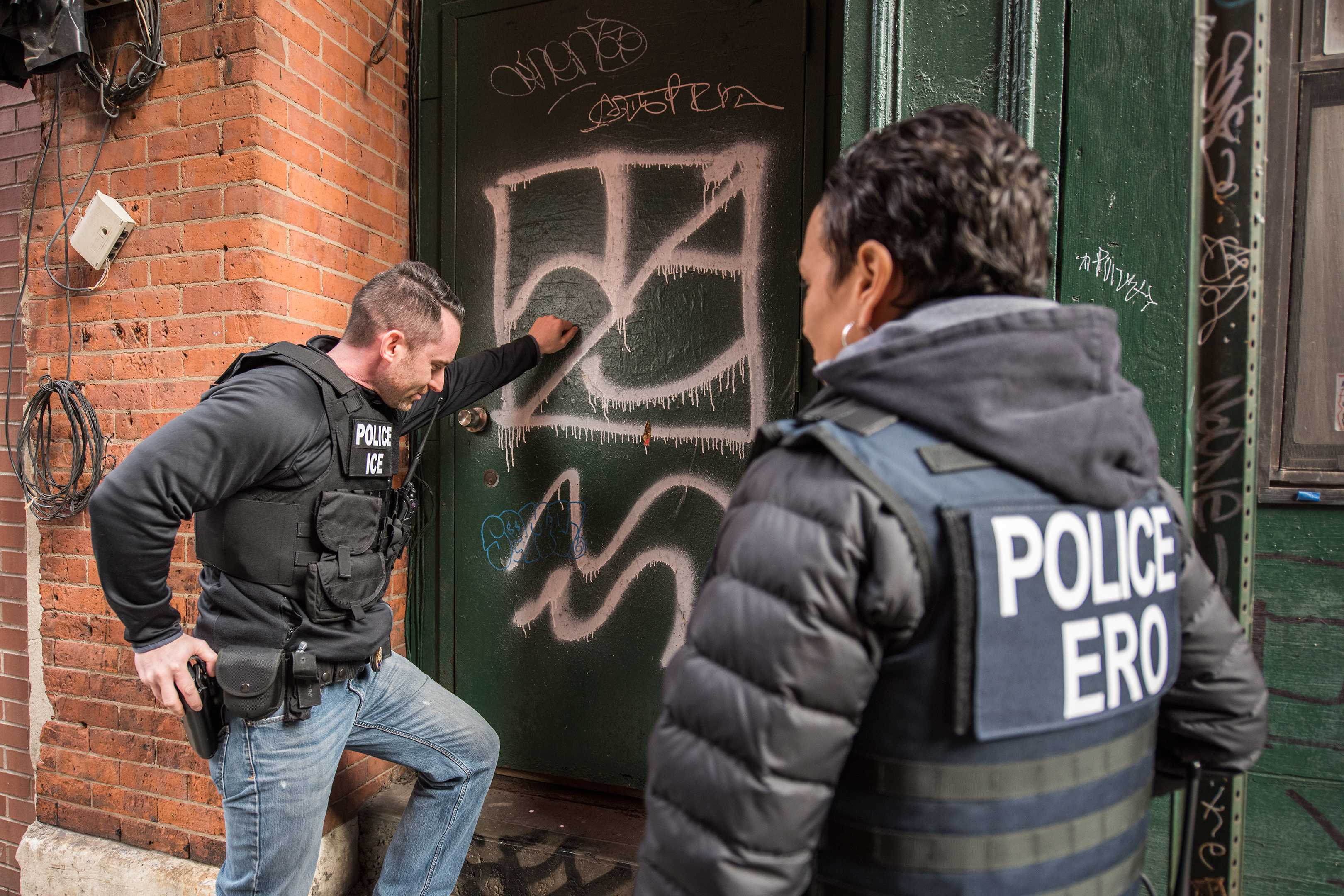This summary was featured in Documented’s Early Arrival newsletter. You can subscribe to receive it in your inbox three times per week here.
Sahar Ibrahim’s first-floor apartment was flooded earlier this month due to the heavy rain from Hurricane Ida. She tried to escape with her young children as the water began to rise, but the front door wouldn’t open. Salam Asad, her husband and an Iraqi refugee who came to the U.S. seven years ago, was stuck on the road. He called his neighbors to help. Those neighbors helped the family climb out of their window. The family is now at a hotel 40 minutes away from their home. According to the International Rescue Committee, a quarter of the 600 residents displaced during the flooding were refugees, leaving 33 refugee families without homes. WNYC News
In other local immigration news…
Workers in the Cash Economy Struggle to Access the Excluded Workers Fund
📍 Documented Original
The Excluded Workers Fund requires applicants to submit documentation to prove they lost at least half of their income during the pandemic. The program was created to assist undocumented immigrants and workers who were ineligible for federal relief money. But for those who are paid in cash and haven’t filed taxes, it has become practically impossible to fulfill the requirements they need to become eligible for the fund. Those who can’t prove employment or provide an Individual Tax ID Number will either not get the EWF benefits or have difficulty in applying. Members of Documented’s WhatsApp community faced these challenges and shared their stories. Read more at Documented.
Local Aid Groups Help Nearly 9,000 Afghan Housed at New Jersey Military Base
📍 Documented Original
Hundreds of Afghan evacuees have been at Joint Base McGuire-Dix-Lakehurst in southern New Jersey for over two weeks, where they’re being officially processed before resettling in the U.S. Communities near the base are trying to figure out ways to help these evacuees. Organizers say the number of Afghan evacuees being resettled and where they’ll be resettled remains unknown. U.S. Sen. Bob Menedez toured the base last week and said there were almost 9,000 evacuees housed there. Sikandar Khan, director of Global Emergency Response and Assistance, said some evacuees may leave the base for resettlement in the next two months. Read more at Documented.
Meanwhile in New York, as many as 1,143 Afghan evacuees could be resettled throughout the state within the next six months, according to the U.S. Department of State’s Afghan Placement and Assistance Program. The state is expecting 100 in Albany, 335 in Buffalo, 240 in NYC, 200 in Rochester, 248 in Syracuse and 20 in Utica. There are already about 7,500 Afghan refugees living in New York state. Deanna Garcia for Documented.
Immigrant Advocates Keep an Eye Out for Bergen County Jail
While the Hudson County and Essex County jails have terminated their contracts with Immigration and Customs Enforcement, Bergen County has remained rather silent. The jail signed a contract back in 1997 that allows it to house immigrant detainees, yet it doesn’t have an end date. A recent New Jersey law bars jails from entering into or renewing ICE contracts, but Bergen’s contract has left advocates with questions. Bergen County Commissioner Mary Amoroso said “conversations are ongoing,” but there’s no clear-cut plan to replace the flow of revenue ICE brings. ICE pays the county around $120 per person per day to hold immigrants. New Jersey Monitor














